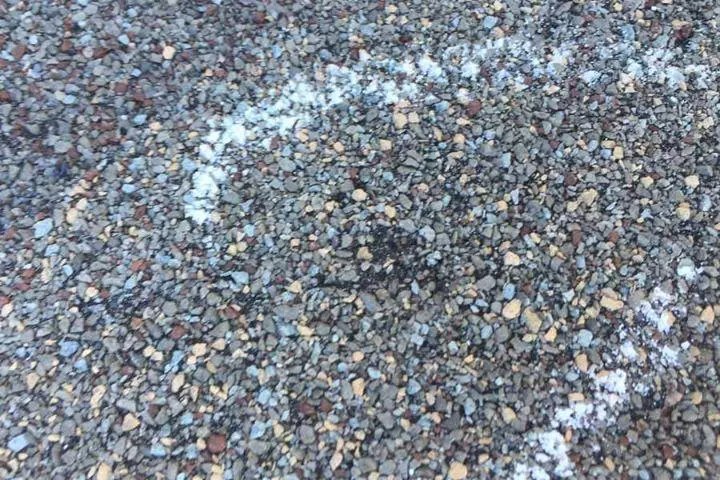Blistering is a problem with asphalt shingles and is frequently mistaken as hail damage. It’s also a very common issue that Canton Roofing Companies are called out to fix, especially during the summer. Bates Roofing will examine your asphalt shingles for blisters and things you can do to prevent it.
What Makes Asphalt Shingles Blister?
Asphalt shingles are made up of three layers: the paper or fiberglass support backing, a layer of asphalt, and a protective granular coating. Sometimes production errors cause moisture to trap within these layers”, says a Canton Roofingexpert. During a hot day, this captured moisture expands and can contain vapors from the scorched asphalt layer, concluding in blisters. It should be noted that blisters are different than impact damage, as impact damage has depressions around the affected region, while those around blisters will be perfectly flat.
Blister development can be made faster by poor attic ventilation. Captured heat in the attic can increase a roofs temperature to the point where it can produce more blisters. Other areas such as the eaves and the siding that are just next to the attic can also be damaged by the trapped heat.
Preventing Blistering Shingles
Professionals for Canton roof repair recommend choosing quality asphalt shingles during a roof replacement or new construction project to help deter blisters, as a high-quality shingle may be strong enough to at least bypass blister popping. After the vapors escape and the moisture dissipates, the blisters should just leave without leaving any real damage to the shingles. But, until this occurs, they can still pop from a slight impact or if someone accidentally walks on them.
Your attics ventilation is an important area you should look at. Blistered shingles can be always be replaced, but, if the primary cause is not determined, you will probably have the exact same problems down the road. Several homes we see as a Canton Roofing Contractor are surprisingly insufficient in attic ventilation. There is a good chance your home might also have destroyed insulation, annoyingly hot indoor areas, and higher energy bills during summer if the ventilation is poor. Ice-dams can form and possible structural damage from the captured heat and condensation could also occur. Your roof should have vents installed at the ridges, as well as at the eaves for proper venting. If your roof is ready for a replacement, make sure that proper attic ventilation is incorporated into your new roof.
For More Information Call H Kulak & Son Today at 860-384-4233
You can also use our contact form to arrange an appointment. We also serve Avon, Farmington, New Brittain, Plainville, Southington, and the surrounding areas.

